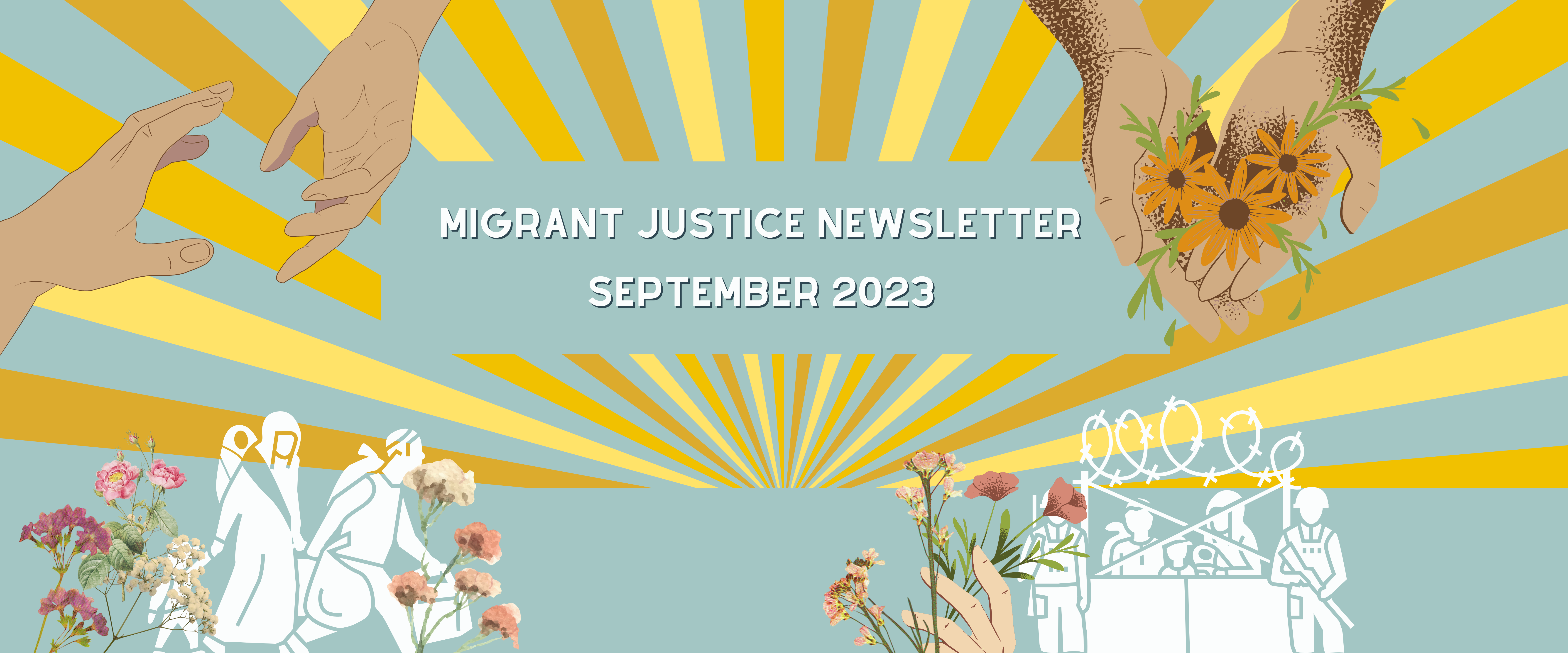In Guatemala, ongoing protests demanding an orderly transition for President-elect Bernardo Arevalo took a violent turn. One person died and four were injured in clashes on Monday. Arevalo, a reform-oriented leader, won a significant victory in August. However, the independent attorney general's intensified investigations into the election and Arevalo's party raised concerns. Protesters, numbering in the tens of thousands, demanded the resignation of Attorney General Consuelo Porras and other judicial officials accused of politically-motivated inquiries. Armed groups attacked protesters, leading to injuries and fatalities. President-elect Arevalo expressed support for the peaceful demonstrators and called for authorities to ensure their safety.
- Home
- About Us
- Issues
- Countries
- Rapid Response Network
- Young Adults
- Get Involved
- Calendar
- Donate
- Blog

